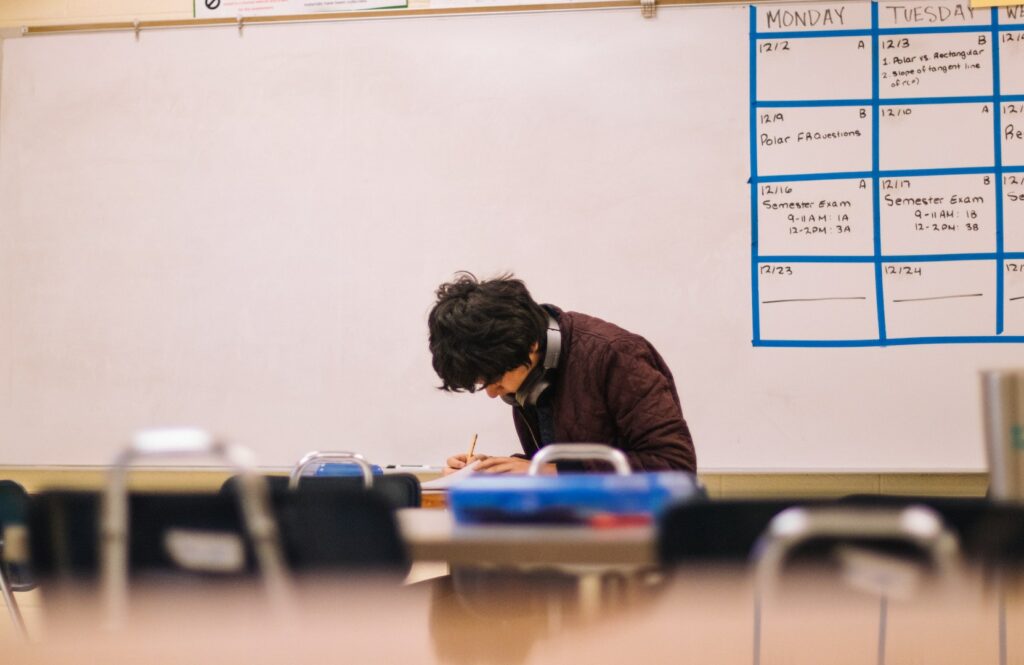If you are not online, you can forget about keeping in touch with your grandchildren. That is just the reality we are living in. However, for seniors living with dyscalculia or dyslexia, using the internet can be incredibly stressful and even dangerous. To help you with this necessary form of communication, we have put together a comprehensive guide to make the experience less stressful and more fun.
How Dyscalculia and Dyslexia Affects People Later in Life
Most of the media attention on dyscalculia and dyslexia is focused on how these maladies affect youngsters. Yet, older adults also have trouble living a normal life and performing specific activities when they are afflicted by these disabilities. In turn, this can cause undue frustration and stress.
Seniors who acquire dyslexia and dyscalculia later in life often do so through trauma, dementia, stroke, or brain injury. For dementia and stroke, stress is typically a contributing factor. When stress is the source of dyslexia or dyscalculia, a dangerous cycle develops.
As dyscalculics and dyslexics put in extra effort to deal with numbers, math, and reading, they get frustrated and mentally-exhausted. This added stress can lead to other health issues or worsen the condition. Unfortunately, trying to use the internet is one of the more stressful experiences for seniors, especially with all of the scammers out there trying to prey on your inexperience. Thankfully, there are some steps you can take to stay safe on the internet and avoid the added stress.
Read more →











